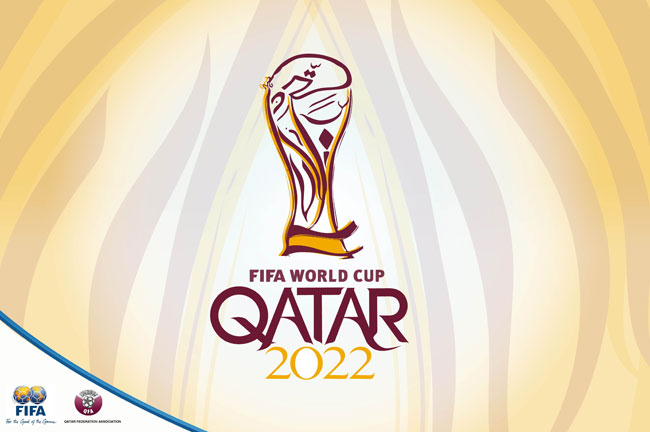Fifa should not be afraid to strip Qatar of the 2022 World Cup if its human rights record does not improve within 12 months, says a Harvard professor who was commissioned to write a report into the country’s treatment of migrant labourers.
Football’s governing body has been criticised in recent years for its failure to monitor human rights absues in host countries and for its reluctance to wield its influence to improve the situation.
The treatment of migrant workers in Qatar building the infrastructure to host the 2022 tournament has come under the spotlight in the last two years.
Professor John Ruggie’s report makes 25 recommendations, but his overriding message was clear: Fifa must now match its words with action.
“The foundational shift for Fifa now is to go beyond putting words on paper and adding new administrative functions,” he writes. “What is required is a cultural shift that must affect everything Fifa does and how it does it.”
Ruggie said the current focus should be to improve the situation in those countries already awarded tournaments, whilst ensuring that human rights considerations are included as part of the criteria in any future bidding process.
The report said: “Fifa should include human rights within its criteria for evaluating bids to host tournaments and should make them a substantive factor in host selection.”
Another of the recommendations states: “Fifa should set explicit human rights requirements of Local Organising Committees in bidding documents for tournaments and provide guidance on them.”
On Qatar, Ruggie noted that the International Labour Organisation had recently given Qatar 12 months to end migrant worker exploitation or face a formal inquiry by the United Nations.
Amnesty report claimed that despite repeated promises of action by the Qatari administration, it found abuse of migrant workers on a World Cup stadium project and a related development.
“Fifa can’t impose human rights on countries but in return for hosting a tournament there are certain human rights to which you should have to adhere,” Ruggie told the Guardian. “If you can’t, you have to make tough decisions. That may include having to terminate an existing relationship.
“The International Labour Organization (ILO) has recently put out an assessment in which they put off a decision for a year. They didn’t want to shut the door. The next ILO report will be absolutely critical. If it says six to seven years later that no progress has been made then that’s pretty clear.”
He added: “I think the ILO was being quite strategic in what they did. My sense that the Supreme Committee will do everything humanly possible to meet the tests. If it doesn’t Fifa has a tough decision.”
Ruggie also said there were major human rights issues facing the Russia 2018 World Cup.
“There is stuff happening in Russia that hasn’t been much written about in terms of forcible removal of people, migrant labour issues, like there was in Sochi [before the 2014 Winter Olympics],” he said. “That should be all part of the conversation.”
Papua New Guinea hosting Women’s World Cup despite widespread sexual violence
Rugie also expressed concern about the under-20 women’s World Cup which will take place in Papua New Guinea in November and December.
“I was shocked by how little interest that had generated within Fifa when we know that multinational organisations will not allow women to go on the streets in broad daylight.”
The report adds: “Papua New Guinea is known as one of the world’s worst places for sexual violence against women – and police are often among the perpetrators. This is precisely the kind of case that requires heightened human rights due diligence as part of the bid evaluation process.”
The report said that Fifa had to exert its influence to improve the situation for workers.
Ruggie said: “Its leverage concerns the activities involved in hosting and staging a tournaments. It requires the LOCs to get declarations from governments. They all have human rights implications.”
Ruggie also called for Fifa to invest more resource in tackling the issue.
“The HQ of Fifa is a surprisingly small entity,” he said. “The new president has to pump more money into Fifa staff in Zurich, if only to get more eyes and hands monitoring information with regard to their supply chain and so on and so forth. At present, they lack the capacity to do what is required. You can’t just hire a human rights manager and think you’re done.”
The new Fifa president, Gianni Infantino, said Fifa was “fully committed to respecting human rights” and said the new report would guide the way forward. “This is an ongoing process and of course challenges remain, but Fifa is committed to playing its part in ensuring respect for human rights and to being a leader among international sports organisations in this important area,” he said.
Amnesty International UK called on Infantino to take immediate steps to improve conditions for migrant workers in Qatar.
“Only concerted Fifa action to prevent abuses on World Cup sites will save the soul of the 2022 World Cup in Qatar,” it said.






